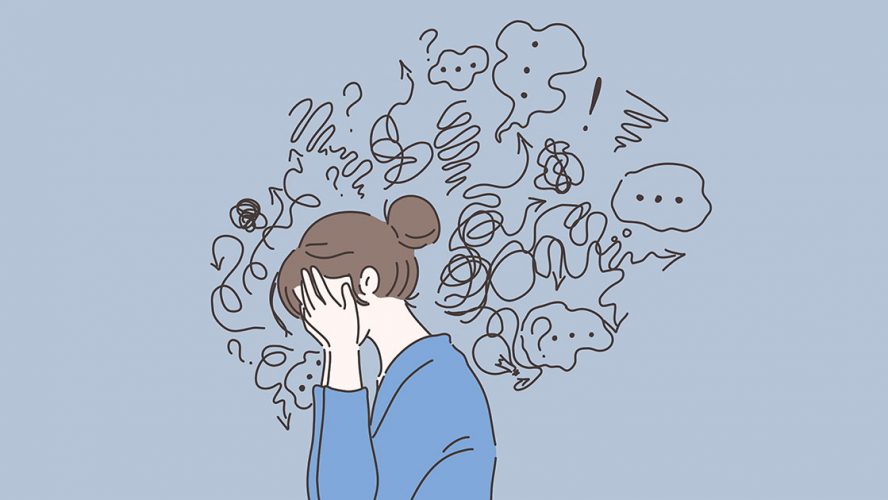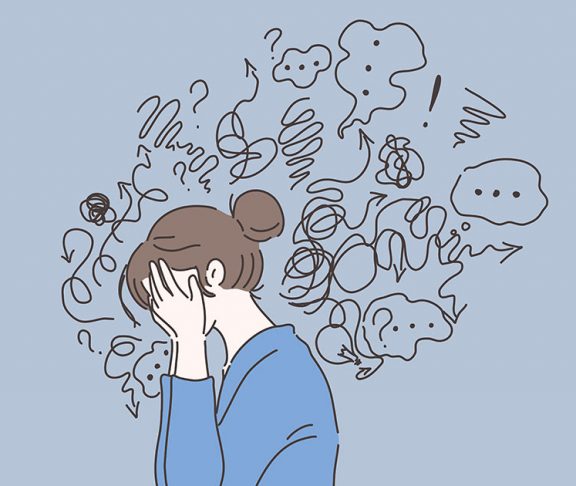If your child has already been diagnosed with co-occurring disorders, it can be helpful to keep track of symptoms and their severity. These symptoms can include higher levels of anxiety, insomnia, agitation, inability to focus, etc. It is also important to keep your child’s healthcare provider up to date on these symptoms. You can encourage your child to openly communicate with their provider as well.
Often people with co-occurring disorders struggle with taking medications because of potential negative side effects. Healthcare providers often hear patients say that they took the medication for a few days but did not see any results. In cases like these, the medication may have not reached a therapeutic dose.
Others may say, “I was doing well, so I thought it was okay to stop taking the medications.” Stopping medications abruptly can cause numerous problems, including a significant rebound of the disorder that was being treated in the first place.
While some substances can alter the way a person feels with an immediate, but temporary effect, other substances can worsen mental health symptoms over time. Your child may come to you and say they don’t like how the medication makes them feel. These thoughts and feelings may signal that your child could benefit from an adjustment in their medication. Talking with their treatment provider more often may be beneficial.
Tips for managing your child’s medications:
- Use a weekly pill container. Setting aside medications for the week is more convenient than counting out pills each day.
- To safely dispose of unused or expired medications, mix them with coffee grounds or kitty litter. You could also use a specific medication disposal product.
- In case of an emergency, create a safety plan with your child so they will be able to access their medication even if you are unable to administer it yourself. It can be challenging to create a safety plan, as you may feel like you are endorsing your child’s unsupervised use, but this is an integral part of recognizing the risks of substance use and keeping your family safe.
- Keep naloxone in your home and know how to use it. This can be lifesaving in the event of an opioid overdose.

